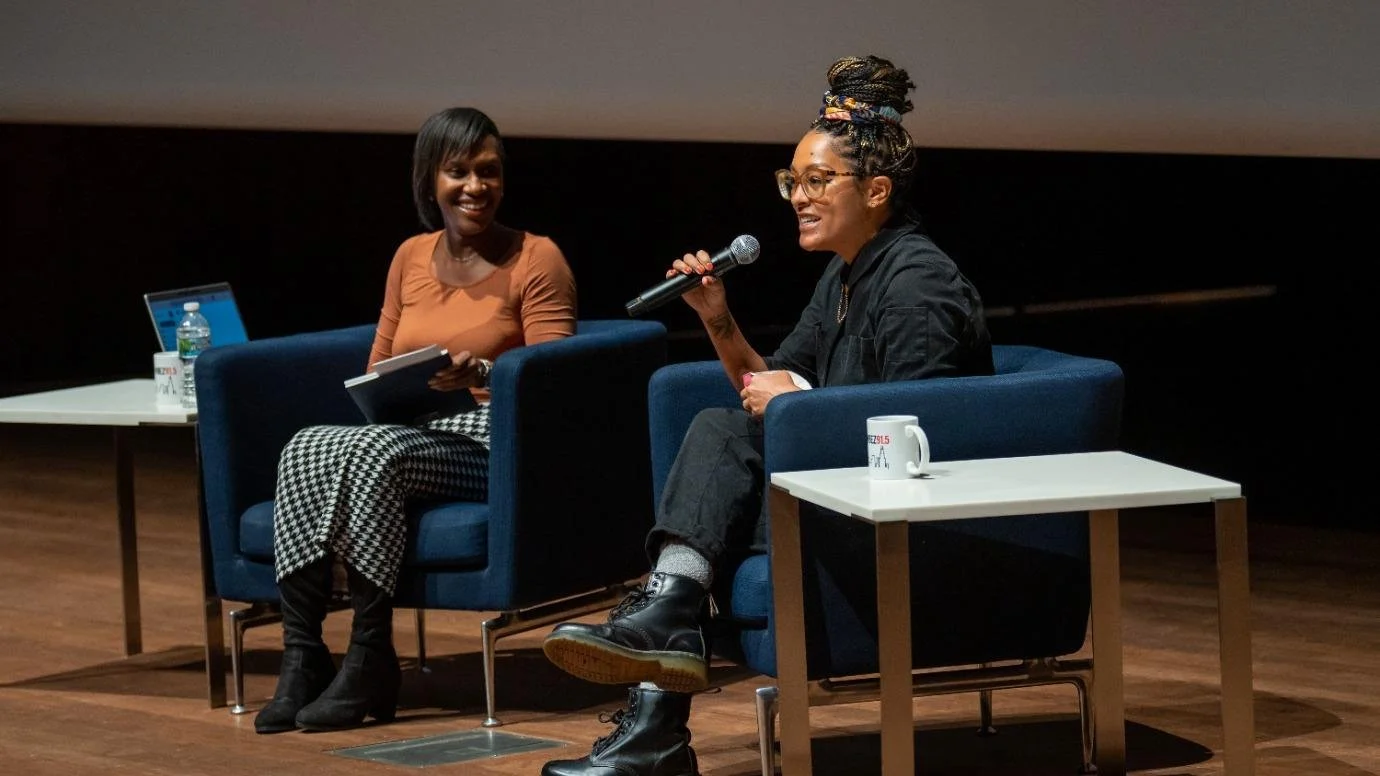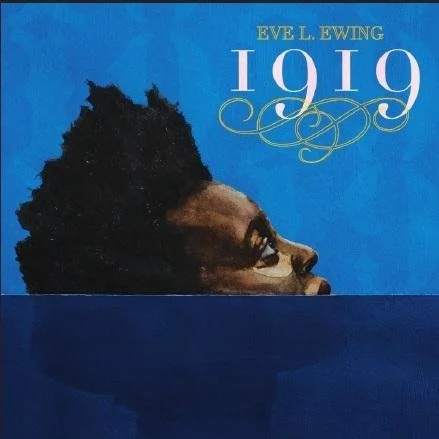Eve L. Ewing’s1919 brings story of Chicago race riots to the stage
This story by Tori Lee was originally published by UChicago News on October 24, 2022. Click here to read the full story.
July 27, 1919 was a hot day in Chicago. That afternoon, 17-year-old Eugene Williams was swimming at a public beach when he drifted across an invisible color line extending into Lake Michigan. White beachgoers began throwing stones at him, and Williams drowned.
1919 by Eve L. Ewing | cover art by Brian Dovie Golden
The event sparked a week of violent unrest across the city that reverberated for decades to come. Yet it was a moment that few people, including University of Chicago sociologist and Assoc. Prof. Eve L. Ewing, knew much about.
“I am a born-and-bred Chicagoan. I am nerdy about Chicago history, especially Black history,” Ewing said, who first learned about Williams’ story in graduate school. “I read a lot. If I don't know this, that's real bad.”
During an Oct. 12 conversation with WBEZ’s Sasha-Ann Simons at UChicago’s Logan Center for the Arts, Ewing emphasized that learning about an important historical event for the first time isn’t a cause for shame. “It is a moment to ask yourself: ‘Who is invested in your not knowing? What systems are perpetuated by your not knowing?’”


